
Selling a house can be a stressful process, as you want to get the most out of it and you want it to sell as quickly as possible. If you’re looking to get your house off the market quickly, there are a few things you can do to help the process along.
From simple home improvements and staging to the listing price of your home strategically, there are several steps you can take to speed up the process and get your house sold faster. With some patience and dedication, you can make your house more attractive to potential buyers and get it sold in no time.
Understand the market
To start off, it’s important to understand what’s happening in the real estate market in your area. If you’re selling a house in a hot real estate market, it’s likely that you’ll be able to get a higher price for your house, but it will also take a little longer to sell.
On the other hand, if you’re selling a house in a slow real estate market, you may be able to get a higher price, but it will also take a little longer to sell. This is because there are simply fewer buyers in the market at any given time, so it’s more competitive.

Price your house strategically
A major factor in the speed at which your house sells is the price you put on it. You don’t want to overprice your house, but you also don’t want to price it so low that you don’t get any offers. A good rule of thumb is to price your house at about 2-3% above what you think it’s actually worth.
This will make it competitive without setting yourself up for a situation where no one makes an offer. It’s also a good idea to get a professional appraisal of the value of your house before you put a price on it. This will help you avoid an overpriced listing that sits on the market for months without getting any offers.
Make home improvements
Your real estate agent will be able to help you if your house needs some work before putting it on the market. It may be worth the cost of time and money to get those repairs done. Small home repairs, like fixing broken appliances, replacing windows, or painting may help your house sell faster.
You might even be able to get a quick cash offer on your house. If you’re looking to make more drastic home improvements, it’s best to do those before you list your house for sale. This is because it will take time to get your contractor in, get the work done, and have your house appraised.
This will give you the opportunity to list your house at a price that reflects the work that was done. It’s important to be flexible with your price to make sure you get a high volume of showings.
Stage your home
If you have the time, money, and energy, staging your house is a great way to make it more attractive to potential buyers.
There are several quick and easy ways to stage your house, including:
- Cleaning your house thoroughly and thoroughly cleaning all surfaces, including bathrooms and kitchens.
- Arrange furniture in a way that maximizes space and appeal.
- Adding fresh flowers and decorating with other items that appeal to your target audience.
- Replacing dated light fixtures, light bulbs, and HVAC filters.
- Bringing in clean, fresh-smelling linen and cleaning rugs.
Staging your house will help potential buyers visualize themselves living in your house and make it more appealing to them.
Focus on curb appeal
It’s easy to overlook the importance of curb appeal when staging a house for sale, but it can actually make a huge difference. Curb appeal is the first thing most people notice when they see your house, so it’s important to make sure it looks its best.
Clean up your yard, mow your lawn, and trim your bushes, if you need to. It’s also a good idea to power wash your house, if possible. This will help get rid of any dirt, grime, or mildew that may be on your home, making it look cleaner and fresher.
Use professional photography
Professional photos will help sell your house faster, especially if they’re done by a real estate photographer. A real estate photographer will come to your house and take high-quality photos that make your house look its best.
They know how to light a room so that it looks clean and appealing, and they have the equipment necessary to take professional photos.
This can help make your listing look more professional and make it stand out in a sea of other listings. Before you take the photos, make sure you have the room staged for the best results.
Create an online presence
If you have the time and energy, creating an online presence for your house can be a fast way to get it sold. Create a website for your house, whether it’s on a real estate website or a generic website.
You can also create a Facebook page or Instagram account for your house. Be sure to keep these updated so that interested potential buyers can stay in the loop. You can also create a blog or a forum where people can ask questions about your house or the area in which it’s located.
Having an online presence can help make your house stand out and get it sold faster. You can even create a podcast about your house or the area in which it’s located, which can be a fun and interesting way to get people interested in your house.
Utilize virtual tours
If you have the time and energy, creating virtual tours for your house can be another way to get it sold quickly. You can create a video walkthrough of your house from start to finish, including a tour of the yard and the neighborhood.
You can then upload the video to YouTube or another video-sharing platform and link it to your real estate listing. This can help sell your house faster because people can instantly see what your house looks like, inside and out.
Spread the word about your house
You can help get the word out about your house and get it sold faster by listing it on as many different real estate listing websites as you can find. This is especially important if you’ve staged your house or made other changes to increase its appeal.
You can also consider advertising your house in a local newspaper or mailing out flyers or brochures to nearby neighborhoods.

Choose the right real estate agent
While you can list your house on your own, it’s also possible to hire someone to sell your house for you. If you want to get your house sold as quickly as possible, it’s best to hire a real estate agent. A real estate agent will either charge a flat fee or take a percentage of the sale price of your house as payment for their services.
A realtor can help increase the speed at which your house sells and get you a higher price for your house. Real estate agents have experience selling houses and know what will appeal to buyers and what will help your house sell faster.
They also have connections in the real estate industry and can help get your house in front of more potential buyers, which will increase the speed at which it sells.
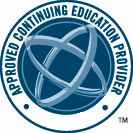


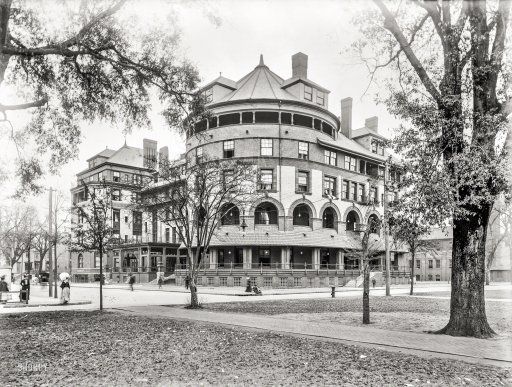



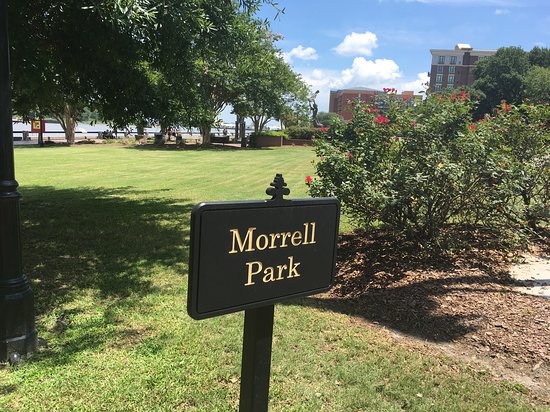




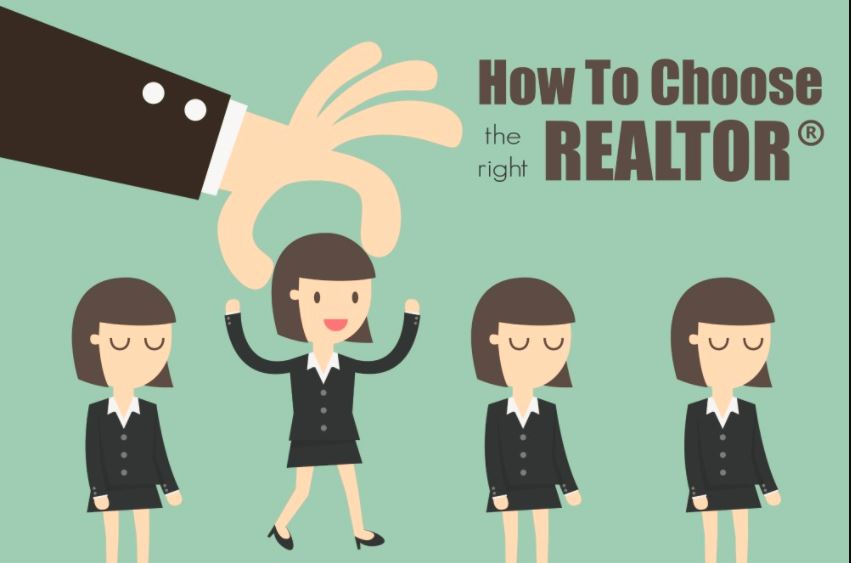
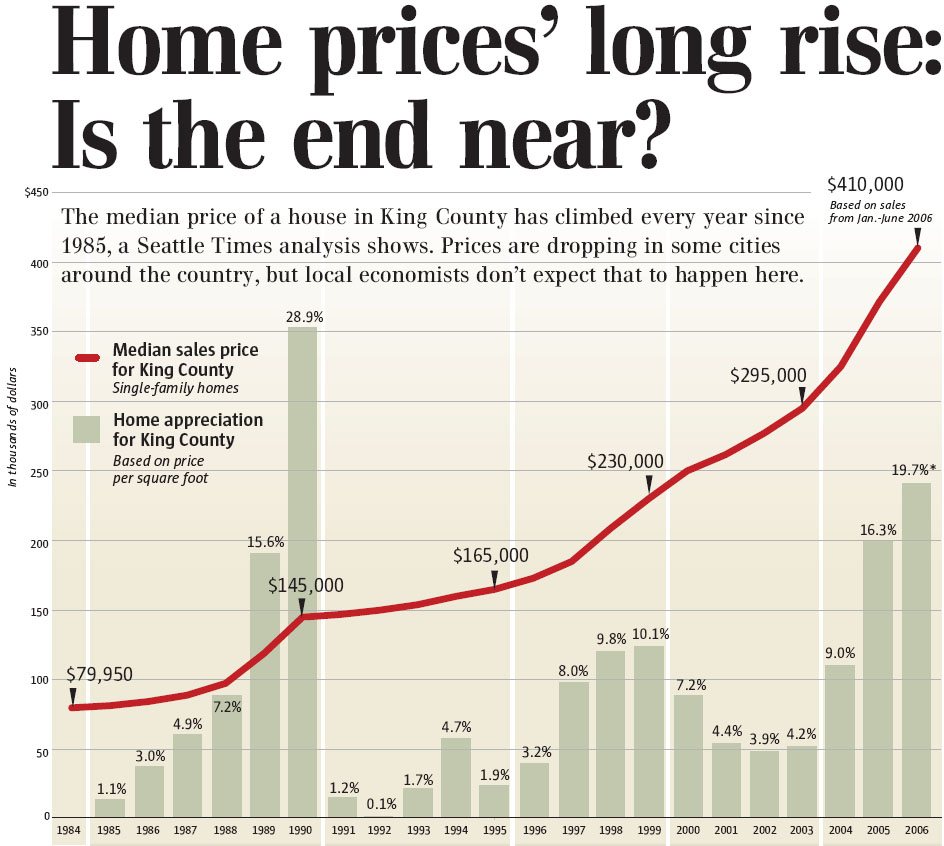



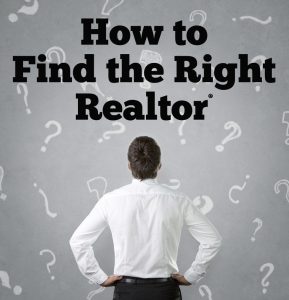

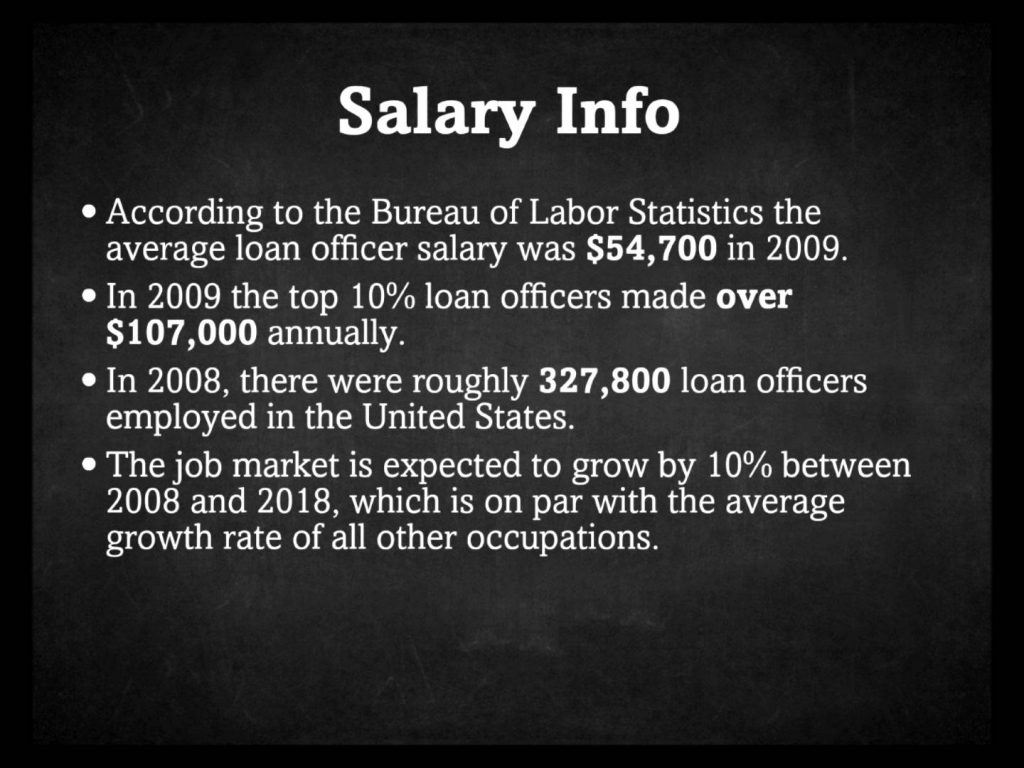
 So how do I become a mortgage broker? Well, the industry is heavily regulated and each state is going to have its own requirements for this. First thing, in every state, you have to get your mortgage broker license and bonded. The exam is given by the National Mortgage Licensure System (NMLS), and is called the
So how do I become a mortgage broker? Well, the industry is heavily regulated and each state is going to have its own requirements for this. First thing, in every state, you have to get your mortgage broker license and bonded. The exam is given by the National Mortgage Licensure System (NMLS), and is called the  In order to get that promotion you have actually been working so hard for, it’s often essential to get some additional education and training.
In order to get that promotion you have actually been working so hard for, it’s often essential to get some additional education and training. If you are concerned about affording to continue your education online, you have options. Typically, financial help is readily available, and you can often save money, even for students who participate in classes via the Internet.
If you are concerned about affording to continue your education online, you have options. Typically, financial help is readily available, and you can often save money, even for students who participate in classes via the Internet.



